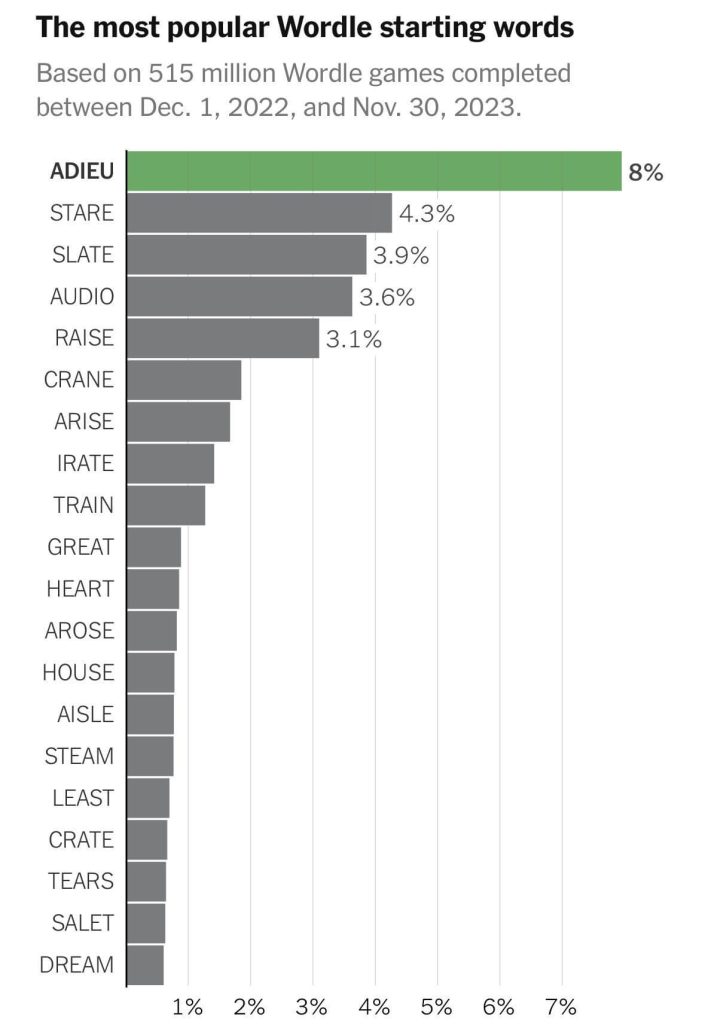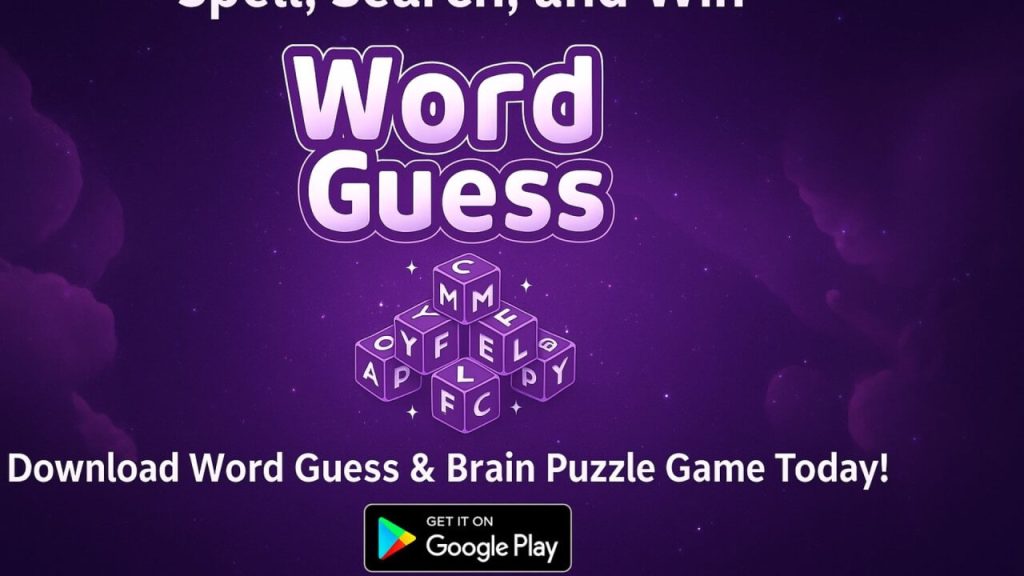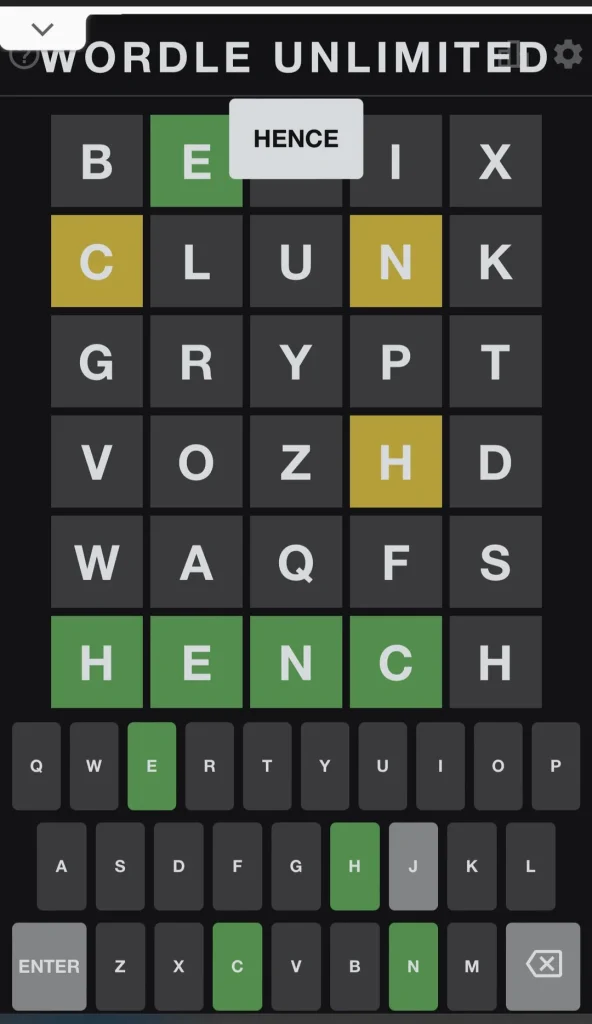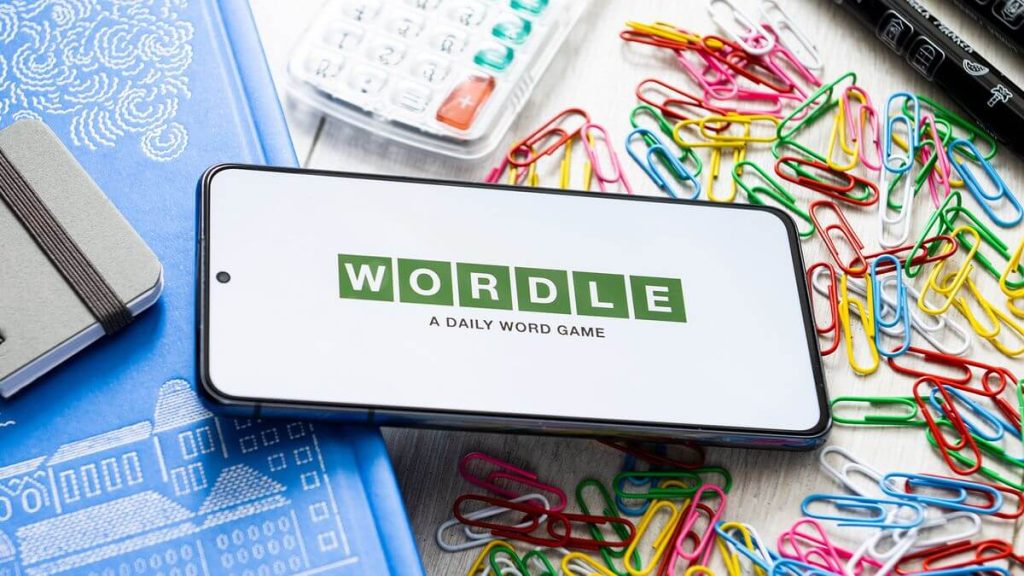Wordle has taken the world by storm, becoming one of the most popular daily word games online. Millions of players log in every day to test their vocabulary skills and challenge their brains with a new five-letter word. The game’s simple design, combined with its addictive nature, keeps users engaged and coming back for more. Wordle not only entertains but also improves cognitive skills, including pattern recognition and strategic thinking. For anyone looking to enhance their word-guessing abilities, mastering Wordle can be both fun and rewarding.
To consistently win at Wordle, it’s essential to adopt effective strategies and understand the game’s mechanics. From choosing the perfect starting word to interpreting color-coded feedback accurately, each step influences your success. By following proven tips and insider techniques, players can improve their solving speed and accuracy. This guide provides actionable Wordle strategies that help beginners and seasoned players alike dominate the daily puzzle.
What Wordle Really Is: The Game Explained
Wordle is a simple yet highly engaging word-guessing game that challenges players to identify a five-letter word in just six attempts. Each guess provides instant feedback using colors: green indicates the correct letter in the right position, yellow shows the correct letter in the wrong position, and grey means the letter does not appear in the word at all. Created by Josh Wardle and now hosted by The New York Times, the game has gained worldwide popularity for its addictive daily challenge.
Players quickly realize that every guess matters and can either bring them closer to success or waste valuable attempts. The key to mastering Wordle lies in understanding these rules and applying them thoughtfully. Effective players use the color feedback to systematically eliminate impossible letters and focus on likely combinations. Recognizing common letter patterns and vowel placements can make solving each puzzle much easier. With practice, Wordle becomes not only a fun daily game but also an exercise in logical thinking and strategic problem-solving.
The Psychology of Winning: Train Your Brain
Wordle is not just a test of vocabulary—it is a mental challenge that engages critical thinking, memory, and pattern recognition. Many players struggle because they fall into cognitive traps, such as repeating eliminated letters or overthinking a guess. Understanding how your brain reacts under pressure can improve decision-making and efficiency. Developing a disciplined approach allows players to analyze feedback logically rather than relying on guesswork. By training your brain to focus on patterns, you can solve puzzles faster and with fewer mistakes.
Success in Wordle depends on mindset as much as skill. Patience and observation are crucial when interpreting color-coded feedback. Each guess should be treated as a learning opportunity, not a random attempt. Consistently practicing this mental approach enhances strategic thinking and improves overall game performance.
Choosing the Perfect Starting Word

Choosing the right starting word in Wordle can significantly increase your chances of solving the puzzle quickly. A strong starter word contains a balanced mix of vowels and common consonants, allowing you to reveal important letters early. Words like “ARISE,” “STONE,” or “CRANE” are popular because they cover frequently used letters and provide useful feedback. A well-chosen first guess helps you eliminate unlikely letters and identify potential positions for correct ones. Starting strategically sets the tone for the rest of the game and reduces the risk of wasted attempts.
Beyond just letters, analyzing patterns in your first guess can reveal clues about the hidden word. Paying attention to color feedback allows you to make smarter second guesses. Effective starting words improve efficiency by guiding your mid-game choices and minimizing trial-and-error. With consistent practice, selecting optimal first words becomes second nature and greatly enhances your overall Wordle performance.
Mid-Game Strategy: Guess Smarter, Not Harder
After your first guess in Wordle, the mid-game phase becomes crucial for solving the puzzle efficiently. This stage requires careful analysis of the color-coded feedback from previous attempts. Green letters indicate correct placement, yellow letters need to be tested in different positions, and grey letters can be eliminated. By interpreting this feedback strategically, players can narrow down potential words quickly. Smart guessing during this phase ensures that each attempt provides maximum information without wasting valuable chances.
A key mid-game strategy is to focus on letter patterns and common word structures. Testing new letters while repositioning known ones increases the likelihood of finding the correct word. Avoid repeating letters that have already been ruled out, and use logical deduction to anticipate the remaining possibilities. Following these strategies consistently allows players to solve Wordle puzzles faster and with higher accuracy, improving overall performance.
Advanced Techniques: Play Wordle Like a Pro
| Technique | Explanation | Example |
|---|---|---|
| Letter Frequency Analysis | Focus on letters that appear most often in five-letter words, such as E, A, R, O, and T, to increase the chances of hitting correct letters early. | Starting a guess with “CRANE” or “ARISE” covers multiple high-frequency letters efficiently and provides valuable early feedback. |
| Double Letter Awareness | Be aware of words containing repeated letters, like “SHEET” or “APPLE,” which are often overlooked by beginners. | If feedback shows one “E,” consider that the word may contain double letters for your next guess. |
| Pattern Recognition | Identify common prefixes, suffixes, and consonant clusters to predict likely word structures and letter placements. | Recognize patterns such as “-ING” or “ST-” to guide mid-game guesses effectively. |
| Word Bank Method | Maintain a personal list of possible words to cross-reference during mid and late-game guesses. | Keep a list of words fitting current feedback, like “REACT,” “TRACE,” or “CRATE,” when certain letters are known. |
| Probability-Based Guessing | Use probability and letter combinations to maximize information from each guess and reduce wasted attempts. | Choosing “STONE” over a random word tests multiple high-frequency letters simultaneously for efficient guessing. |
Common Mistakes and How to Avoid Them
Many Wordle players struggle due to common mistakes that can easily be avoided with the right approach. One frequent error is starting with rare letters or unusual words, which often wastes the first guesses and reduces the chances of success. Overthinking correct letters or ignoring the feedback from previous guesses can also slow down progress. Some players try to force words that fit a pattern instead of using logical elimination. Recognizing these pitfalls early is crucial for improving performance and consistently solving the daily puzzle.
Another common mistake is second-guessing after receiving helpful color-coded feedback. This can lead to unnecessary errors and frustration, especially when players rely on intuition rather than strategy. Maintaining a disciplined approach and trusting the feedback allows players to focus on likely word combinations. By learning from past mistakes and applying logical strategies, anyone can enhance their Wordle skills and achieve better results consistently.
Tools and Resources to Master Wordle

| Tool/Resource | Purpose | How to Use |
| Word Lists | Expand vocabulary and recognize common words | Study lists of five-letter words to improve guessing efficiency |
| Vocabulary Apps | Strengthen word knowledge and memory | Practice daily with apps like Anki, Quizlet, or vocabulary builders |
| Wordle Solvers / Hint Generators | Analyze possible word options and get hints | Use selectively for tricky puzzles to learn patterns, not for full solutions |
| Alternative Word Games | Enhance problem-solving and pattern recognition | Play games like Jumble, Scrabble, or crossword puzzles to train your brain |
| Spreadsheet / Notes Tracker | Track guesses, eliminated letters, and word patterns | Maintain a personal tracker for analyzing past games and planning strategies |
Mindset and Routine: Make Wordle a Daily Habit
Developing the right mindset and a consistent routine is essential for mastering Wordle and improving your daily performance. Playing Wordle regularly not only strengthens your vocabulary but also enhances pattern recognition and logical thinking skills. Approaching the game with patience and focus allows you to analyze feedback carefully and make smarter guesses. A positive mindset helps reduce frustration when puzzles are challenging and keeps the game enjoyable.
Creating a daily habit of playing Wordle trains your brain to spot common letter combinations and anticipate possible word patterns. Even spending a few minutes each day reviewing previous puzzles can boost your strategic thinking. Over time, a consistent routine builds confidence and improves decision-making under pressure.
Why Playing Wordle Daily Boosts Your Skills and Strategy

Playing Wordle consistently turns a simple word game into an engaging mental challenge that improves vocabulary and sharpens problem-solving skills. Each puzzle pushes you to think strategically, recognize letter patterns, and make calculated guesses, enhancing cognitive abilities over time. By analyzing letter frequency, testing potential word combinations, and learning from previous solutions, players can develop a reliable strategy to solve puzzles efficiently. This approach not only makes Wordle more enjoyable but also transforms each daily challenge into a valuable opportunity for skill improvement and mental growth.
Frequently Asked Questions About Wordle
What is Wordle and how do you play it?
Wordle is a daily game where players guess a five-letter word in six attempts. Color feedback shows correct letters and their positions to guide your next guess.
How can I improve my Wordle skills?
Choose strong starting words, analyze color feedback, and recognize common letter patterns. Regular practice and reviewing past puzzles also boost solving speed.
What are the best starting words for Wordle?
Words like “ARISE,” “CRANE,” and “STONE” cover common vowels and consonants. They provide maximum feedback and help narrow down possibilities.
Can Wordle improve my vocabulary and cognitive skills?
Yes, it strengthens vocabulary, pattern recognition, and logical thinking. Each puzzle helps improve problem-solving and decision-making skills.
Are there tools or resources to help me with Wordle?
Word lists, vocabulary apps, and practice games can enhance your skills. Use solvers selectively for learning strategies, not for every puzzle.
How can I make Wordle a daily habit?
Play the puzzle consistently every day and review previous solutions. Maintaining a positive mindset makes daily practice enjoyable and effective.
Conclusion
Mastering Wordle requires a combination of strategy, focus, and consistent practice. From selecting the right starting word to analyzing color-coded feedback, every decision impacts your success. Applying proven tips and insider techniques helps players solve puzzles faster and more efficiently. Over time, these strategies build both skill and confidence, allowing players to enjoy the daily challenge without frustration. Wordle is not just a game—it is a fun and educational exercise that sharpens your vocabulary and problem-solving abilities.
By maintaining a daily routine and a positive mindset, anyone can improve their Wordle performance. Understanding letter patterns, common word structures, and effective guessing strategies makes the game easier and more enjoyable. With patience, practice, and the right approach, players can consistently achieve higher success rates. Embrace these techniques to unlock your Wordle mastery and turn every puzzle into a rewarding mental challenge.
